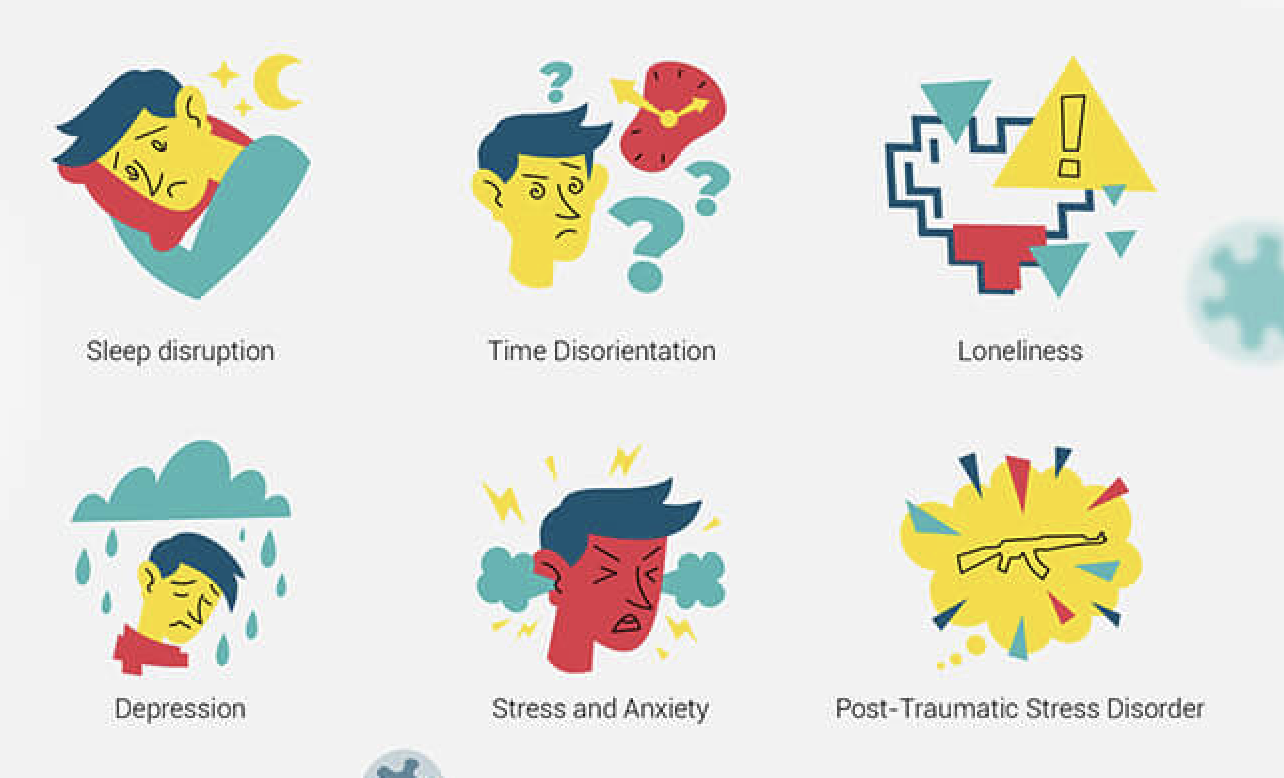Mental health has been affected dramatically during the pandemic. That’s something that will yet have an impact on society in ways we cannot even comprehend.
It isn’t just those who are struggling with their mental health who are taking note of new methods, individuals who have friends and family with diminishing mental states are trying new avenues to help any way they can.
Even those who have not been directly impacted by the virus are feeling physical and emotional negative effects of the current crisis. Americans are feeling the strain and are now reaching out for help in whatever way is available to them.
People are trying their best to find mental help during the pandemic. From looking into how to become a therapist to trying to locate therapists who can provide a safe service during the crisis.
But exactly how are US citizens dealing with mental health issues in a time where face to face therapy sessions are no longer being provided? A recent study delved deeper into this, you can click here to see more information.
The study analyzed trends in search engines during the months of January to September 2020 and then made a comparison with data from the same months of 2019. We discuss the findings below.
How People Deal with Mental Health in The Pandemic:

Each of us deals with this pandemic in our own way. For some is less scary than others, some are more impacted financially while others are more impacted with their basic need to move freely and socialize.
Some love the idea of staying at home while for others it’s just a nightmare to think about not being able to go out.
We all have different experience but one thing is for sure, it impacted all of us one way or another.
And there are some general themes that are shared by most of us.
Surge In Virtual Methods.
The internet has proven how valuable it is to society even more than usual during the pandemic.
Using modern technology has helped everyone keep in touch with each other, despite not being able to meet in person.
The use of video calling software has increased dramatically for both personal and professional use.
Numbers of those searching for ‘online therapy’ have doubled in the last year.
However, it hasn’t been just conventional forms of help that the public is seeking.
Applications for wellbeing and mental health, such as Headspace, Better and Calm have witnessed a rise in demand.
These apps reached their peak periods in line with some of the most major coronavirus related incidents.
Increase For Wanting To Help Others.
Having a loved one with mental health issues can be hard, but it can be even harder when the right treatment isn’t available.
Knowing how to help struggling friends and family while also ensuring no further harm is being made to their mental state can be a delicate balance.
Google searches for terms such as ‘how do I become a therapist’ have increased by 10x since the pandemic hit America.
Those who are searching most likely know that training to become a therapist is not an overnight course, but instead can provide valuable resources concerning becoming a therapist and can provide a temporary solution.
The pandemic has also left numerous people unemployed, alongside a want and need to help others during the crisis.
This could be another reason for the increase in searches as people look for a career change with meaning.
Isolation Is Causing Harm in Mental Health.
The study also looked into the reasons as to why people were seeking help for their mental health.
The common theme for those searching for help was loneliness or social isolation.
Being lonely has been said to be as detrimental to your health as smoking 15 cigarettes a day and with increasing pressure to social distance and not mix households, loneliness is increasing across the nation.
This unprecedented boost in people having to isolate and experiencing loneliness can lead to even more health issues, including PTSD, depression, anxiety and poor sleep quality.
Mental Help Apps Help But Mostly Short Term.
While these new apps and other methods of help can provide a short term solution for many, it must be stressed that these can not provide the right help and guidance to those suffering from mental health issues.
“Our work as psychologists is to help people look at their minds. There are so many mental health apps out there, but they have a short term effect if people don’t look at their minds and their ingrained beliefs.” — Yasmine Saad, PhD, Psychiatrist.
However, they can provide help to many during particularly stressful or melancholy periods of their lives.
Over 6000 reviews for these apps were looked at and the vast majority of users agreed they had benefited from one way or another using them.
Pandemic related issues such as coping with a lack of routine or worrying about the unknown were reported to have been lessened thanks to these applications.
Expert Intervention is Encouraged More than Just Using Apps.
Alternative methods such as the above mentioned apps do have their uses and benefits, however, they should not be seen as a replacement for therapy.
Serious mental health challenges should not be addressed with impersonal software.
If you or someone you know are experiencing mental health issues, no matter how small they may seem, seek professional help.
The sooner the experts can intervene the better for the individual, but if it is left for a long period of time, there is still the ability to help those who need it.
If you experience Anxiety, Depression, Fear or Loneliness, and you would like to speak with someone, contact me personally at dannyhighfeel@gmail.com and we will jump on a consulting call where I can see how I can help you. Or schedule a free appointment with one of our coaches immediately by filling the appointment form bellow. Whatever you choose, we are here for you.






